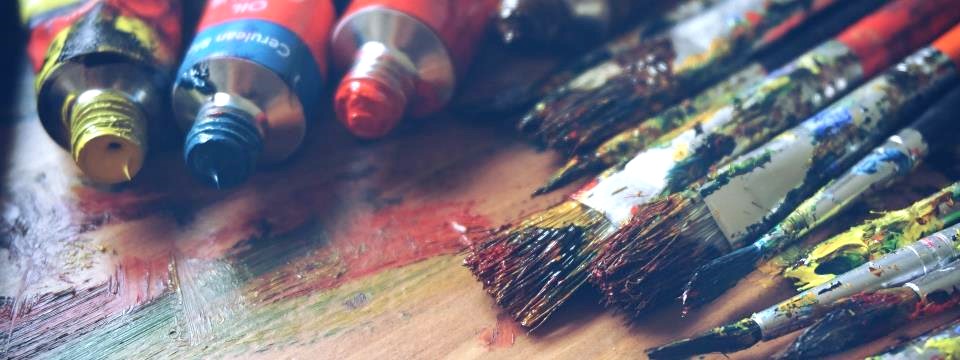Research Team: Suzanne Paddock (co-principal investigator), Andrew Zealley (co-principal investigator)
What is this research about?
The creative arts have played a vital role in HIV expression, education, and activism. Throughout the history of the HIV movement, artistic practices have vocalized anger, loss, and hope and have increased the power of people living with HIV to express their needs and drive political and social responses to those needs. During a recent strategic planning process at the Toronto People with AIDS Foundation, a passionate and vocal group demanded the re-engagement of art and HIV.
Art-making has also demonstrated a profound ability to help people living with chronic disease in managing the uncertainty, mental-emotional and social participation challenges of living with illnesses such as cancer, cardiovascular disease, and diabetes. The role and benefits of art therapy for people living with HIV have been much less documented.
The This is Not Art Therapy project strives to evaluate the impact of art-making on the well-being of people living with HIV with a focus on empowerment not therapy, building on the powerful art-making traditions of the movement. The project will coordinate three separate “artist in residence” placements in a studio space at Toronto People With AIDS Foundation lasting 5 weeks each. Artists will be expected to hold 24 hours of open studio time each week in order to engage with research participants and other visitors in art making and/or art discussion sessions. At least three research participants per residency will be recruited to meet weekly with the artists. These participants will complete surveys about the impact of this intervention on their stress, self-worth, community connectedness, and their ability to manage their physical and emotional health. The project also aims to increase the capacity of people living with HIV/AIDS, staff, artists and artist researchers to conduct arts practice-led, community based research within the Toronto People with AIDS Foundation.
OHTN Support:
This project is supported by a OHTN project grant of $25,000 awarded in 2016.
